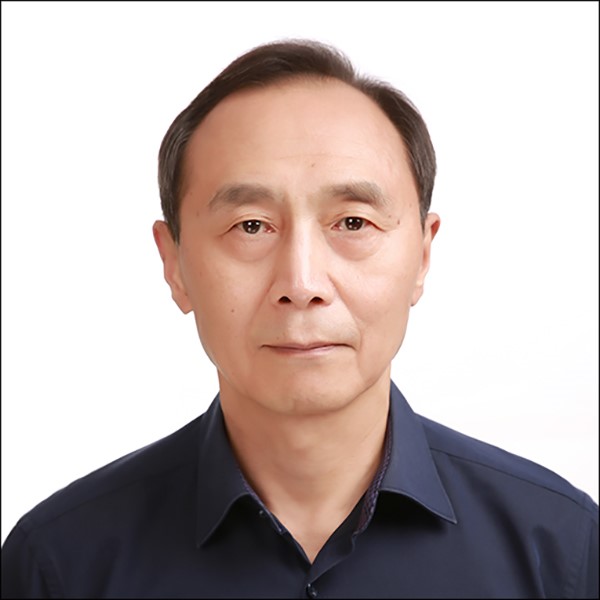
Lee Seong-ho, Professor of Department of Education, Chung-Ang University
1. What is the difference between the Korean high school system compared to other advanced countries?
The Korean public school system is very unique. It is even unique among democratic countries. In what sense is unique? Korean schools are unique in the sense that they don’t enjoy autonomy. Of course, the absolute high school is a public school in the United States. However, they do enjoy a certain freedom and autonomy even in public schools. In the case of Korea, more than half of all high schools are private. Even private schools in this country are schools which do not have very much freedom. Why is that? It is because it is still strictly and strongly controlled and supervised by both the central and local governments. In a democratic country, the government is always under political pressure. Certainly, many people in Korea do not like the idea of giving high schools freedom or much autonomy. They are afraid that giving high schools autonomy and freedom might further the gap between the rich and the poor.
2. What is the problem in the current Korean high school system?
Students and schools that can’t have freedom is also a problem, but it is not the main problem. The main problem is that schools do not have freedom, it would eventually affect the choices and preferences of parents and students. In other words, Korean parents and students have very limited choices. In many cases, parents send their children to a school that they even don’t know about. It means students are assigned to a specific high school. Students cannot choose their school. The basic principle of having a school system like an elite school is that parents and students have the freedom to choose schools in a democratic society.
3, What is the bright and dark side of autonomous private high school and foreign language high school in Korea?
Elite schools such as autonomous private high schools and foreign language high schools are not originally for rich families. However, in reality, it is likely that these schools attract students more from rich families and less from poor families due to their high tuition rates. The strength of these schools is that they provide a better educational environment for students. Also, they can have relatively more highly motivated students, better teachers, and school facilities.
The strength of the equalized schools is in its key point: “equalize”. It has less political controversy. The weakness is that it might have relatively low-quality education. Students are not highly motivated, generally speaking, parents are not that enthusiastic about the education of children especially compared to elite schools. Low unaccountability of schools and very limited freedom for parents and for students in terms of choosing the school they want to go to are also the dark side.
4. What efforts will be needed to bridge the current educational gap between students and to upgrade the quality of education?
We must come up with treatment. I think it is a valid, sound, important question. Elite schools have to be alert to the problem since they might cause [inequality]. Elite schools can solve the problem by having some spaces saved for children from less advantaged families. A certain portion of the students only open from socially disadvantaged groups could be one solution.
5. Is there anything you want to say about the issue?
No policy is perfect. In modern society, what people politically prefer can’t be perfect. Either way, there will be problems. Then what do we need to do? We need to make the best decision possible. I can’t say what is perfectly bad or good. However, in a democratic country, we have to prioritize our values. If we deny that, I think it is against to principle of a democratic society. I think people are too politicalized. The elite school problem also became a political, rather than an education, issue.

